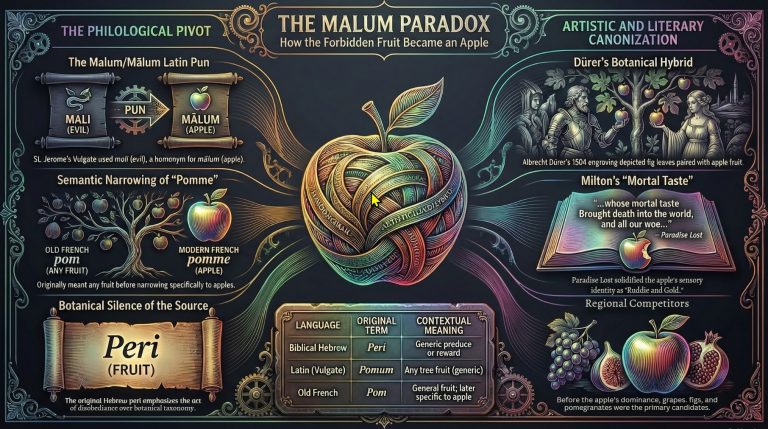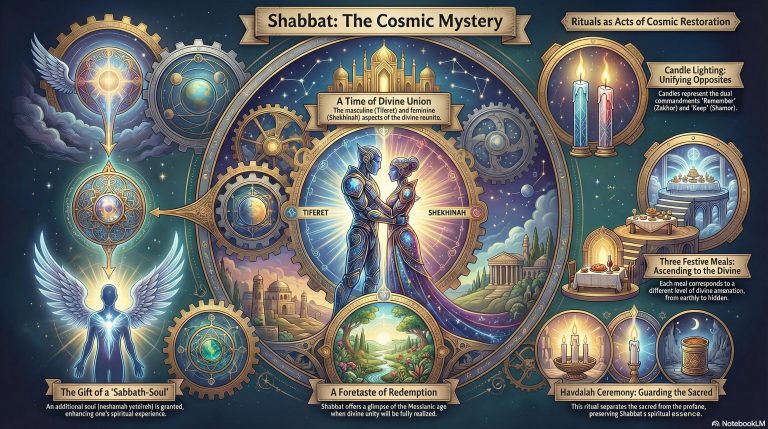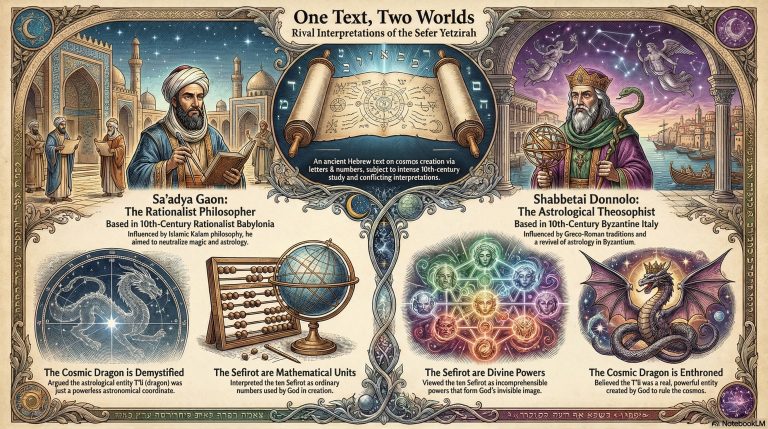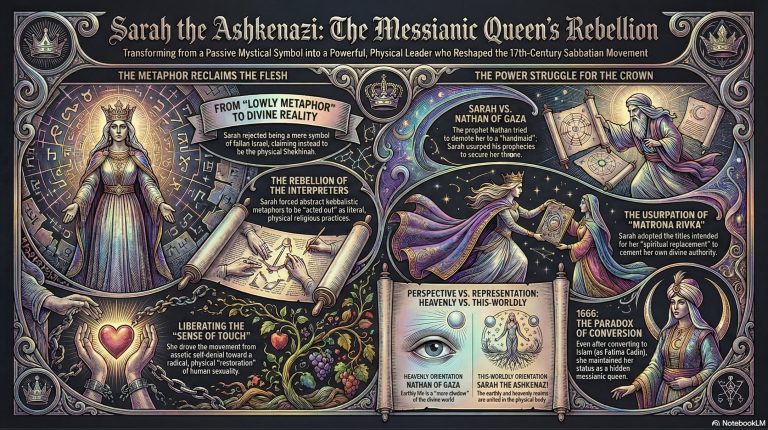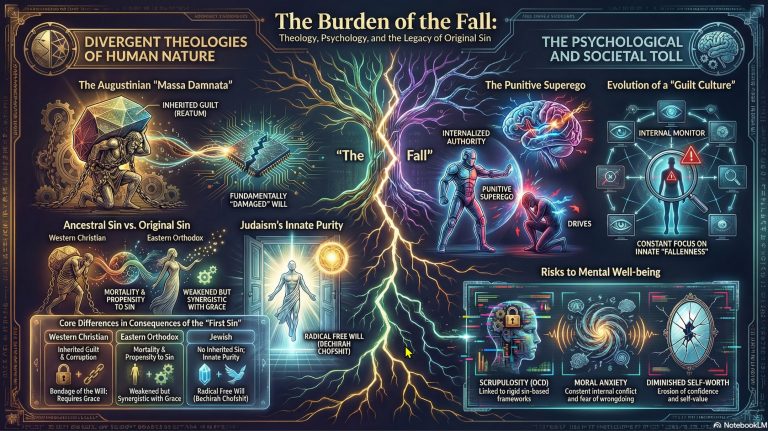
Mishlei, known in English as the Book of Proverbs, stands as a cornerstone of wisdom literature in the Hebrew Bible. Traditionally attributed to King Solomon, this collection of moral and religious teachings offers profound insights that transcend time and cultural boundaries. Its 31 chapters, filled with proverbs, sayings, and poetic sections, provide guidance on living a righteous and wise life, making it a valuable resource not only for those within the Jewish faith but for people of all backgrounds seeking ethical and practical wisdom in the modern world.
At the heart of Mishlei lies the concept of wisdom and its pursuit. The book emphasizes that “The fear of the Lord is the beginning of knowledge” (Proverbs 1:7), introducing the foundational idea of Yirat Shamayim or “fear of Heaven” (Lieber, 2004). This concept, however, extends beyond mere fear, encompassing awe, reverence, and a profound respect for the divine. As Rabbi Jonathan Sacks explains, it represents a moral responsibility and awareness of our actions’ consequences (Sacks, 2005).
The ethical teachings of Mishlei cover a wide range of topics relevant to contemporary life. It offers guidance on interpersonal relationships, business ethics, family life, and social responsibility. For instance, Proverbs 11:1 states, “Dishonest scales are an abomination to the Lord, but a just weight is His delight,” emphasizing the importance of integrity in business dealings (Berlin & Brettler, 2014). This principle resonates strongly in today’s corporate world, where ethical business practices are increasingly scrutinized.

In the realm of personal development, Mishlei encourages continuous self-improvement and emotional intelligence. Proverbs 15:1 advises, “A gentle answer turns away wrath, but a harsh word stirs up anger,” providing timeless wisdom on conflict resolution (Alter, 2015). This insight is particularly relevant in our current age of digital communication, where misunderstandings can easily escalate.
The book’s emphasis on diligence and hard work speaks to the modern focus on productivity and career success. Proverbs 22:29 states, “Do you see someone skilled in their work? They will serve before kings; they will not serve before officials of low rank,” highlighting the rewards of expertise and dedication (Kugel, 2007). This principle aligns well with contemporary career advice and the value placed on skill development in the job market.
Mishlei also offers financial wisdom that remains applicable today. It warns against the dangers of excessive debt and encourages prudent financial management. Proverbs 13:11 advises, “Dishonest money dwindles away, but whoever gathers money little by little makes it grow,” promoting the virtues of honest earning and careful saving (Fox, 2009). In an era of easy credit and financial complexity, such advice remains remarkably pertinent.
The book’s teachings on leadership are particularly relevant in today’s organizational contexts. Proverbs 29:2 observes, “When the righteous thrive, the people rejoice; when the wicked rule, the people groan,” emphasizing the profound impact of ethical leadership on society (Longman, 2006). This principle resonates with modern corporate governance practices and the growing emphasis on socially responsible leadership.
Mishlei teaches very deep concepts concerning self-growth and self-analysis, It searches for the questions of how a human being works and our moral dilemmas. It promotes introspection on a soul level and poses challenging confrontation with ethics and humanity, and how we relate to G_d.
While rooted in Jewish tradition, the universal quality of Mishlei’s ethical teachings has influenced moral philosophy beyond Judaism. Its wisdom has been integrated into various ethical and philosophical traditions, demonstrating its broad applicability (Crenshaw, 1997). The challenge for modern readers, whether within or outside the Jewish faith, is to interpret and apply these ancient teachings in a way that resonates with contemporary sensibilities while retaining their profound ethical and spiritual impact.
In conclusion, Mishlei serves as a profound guide for ethical living and personal growth that remains remarkably relevant in the modern world. Its teachings on wisdom, righteousness, and the fear of God offer a framework for navigating the complexities of contemporary life. By encouraging self-reflection, promoting emotional intelligence, and providing practical advice on relationships, work, and financial management, Mishlei continues to offer valuable insights for individuals seeking to lead meaningful and ethical lives in today’s fast-paced, interconnected world.
Bibliography:
Alter, R. (2015). The Wisdom Books: Job, Proverbs, and Ecclesiastes: A Translation with Commentary. W. W. Norton & Company.
Berlin, A., & Brettler, M. Z. (Eds.). (2014). The Jewish Study Bible: Second Edition. Oxford University Press.
Crenshaw, J. L. (1997). Old Testament Wisdom: An Introduction. Westminster John Knox Press.
Fox, M. V. (2009). Proverbs 10-31: A New Translation with Introduction and Commentary. Yale University Press.
Kugel, J. L. (2007). How to Read the Bible: A Guide to Scripture, Then and Now. Free Press.
Lieber, D. L. (Ed.). (2004). Etz Hayim: Torah and Commentary. The Jewish Publication Society.
Longman, T. (2006). Proverbs (Baker Commentary on the Old Testament Wisdom and Psalms). Baker Academic.
Sacks, J. (2005). To Heal a Fractured World: The Ethics of Responsibility. Schocken.

